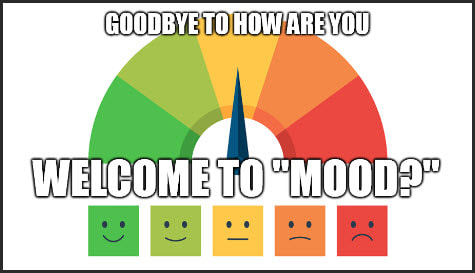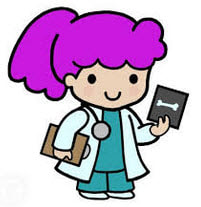|
It is important to be sensitive when asking about a sick person's state of mind and offering advice. Here are some Pharmalime.net expert guidelines for approaching this situation in a sympathetic and helpful way:
Establish empathy: Before asking about their mood or giving advice, show empathy and understanding for the sick person. You can express your concern and say something like, "I'm here for you - how are you feeling today?" This shows that you care about their well-being. Listen actively: Listening is essential. Allow them to talk about their feelings and concerns without interrupting. Sometimes just sharing their emotions can be comforting. Ask carefully: You can ask about their mood, but be respectful and avoid asking in a way that may seem insensitive. Instead of directly asking "How are you?" you could say something like "How are you feeling today in terms of your health and emotions?" This allows for a more open conversation. Offer emotional support: Let them know that you are there to support them emotionally. Sometimes just knowing they have someone to talk to can help improve their mood. Avoid giving unsolicited advice: While your intention may be to help, it is important to remember that everyone is different and has their own needs and preferences. Avoid giving unsolicited advice about their treatment or how they should feel. Instead, offer your willingness to help with whatever they need. Ask if they need something specific: Instead of assuming what they need, ask if there is something specific you can help with. It can be an everyday task, such as shopping or caring for their pets, or just spending time together. Respect their privacy: Some people may prefer to deal with their illness more privately. Respect their wishes and don't insist if they are unwilling to talk or share too much. In short, showing empathy, active listening and offering emotional support are effective ways to help someone who is ill. Avoid giving unsolicited advice and respect their individual wishes and needs. Each person is unique, and the most important thing is to be there for them in the way they prefer during their recovery process. Remember in Pharmalime.net we offer free doctor and pharmacist consultation to every patient in the world. Post-vacation depression is a feeling of sadness, anxiety or discomfort that some people experience after returning from a vacation or extended time off. Here are some tips to help you avoid or mitigate it:
Plan ahead: Plan your vacation in advance and make sure you have everything under control before you go. This includes making sure your work responsibilities are covered and that there are no major to-dos. Transition time: Schedule a day or two between your return from vacation and your return to work or normal routine. This will give you time to gradually adjust and avoid an abrupt change. Keep a positive attitude: Instead of focusing on what you left behind, focus on the good times you had during your vacation and the experiences that enriched you. Set short-term goals and plans: Set exciting goals or activities for after your vacation. This can help you maintain motivation and anticipation of exciting things to come. Maintain a healthy routine: Keep a regular sleep schedule and be sure to exercise regularly. A balanced diet can also have a positive impact on your mood. Practice relaxation techniques: Spend time in activities that relax you, such as meditation, deep breathing or yoga. These practices can help you reduce stress and anxiety. Keep in touch with friends and loved ones: Maintain a strong social support network. Sharing your feelings and experiences with friends and family can help you feel better. Organize your workspace: Make sure your work environment is comfortable and pleasant. An organized and welcoming workspace can help reduce stress. Embrace your emotions: It's normal to feel a little melancholy after a vacation. Don't blame yourself for feeling this way, instead, acknowledge your emotions and try to work through them constructively. Seek professional help if necessary: If you feel that your post-holiday depression persists or worsens, consider talking to a mental health professional or pharmacist. They can offer you additional strategies and needed support. Remember that everyone is different, and what works for one person may not work for another. Experiment with these tips and find the strategies that work best for your situation. The key is to maintain a positive attitude and take care of your emotional well-being during the transition from vacation to your daily routine. All the team of PharmaLime send you the best vibes! |
Authors
Mrs Elisa Kovalainen, specialist in pain relief techniques, nutrition. Archives
June 2024
|





